In the world of cryptocurrencies, crowdfunding has emerged as a popular way for projects and businesses to raise funds. With the rise of crypto crowdfunding platforms, individuals from all walks of life can participate in funding innovative projects.
However, there may be some confusion regarding the roles and responsibilities of investors and donors on these platforms. In this article, we will explore the question: Can an investor be a donor on a crypto crowdfunding platform? We will delve into the concepts of investing and donating, their implications on crowdfunding platforms, and the possibilities for individuals to participate in both capacities.
1. Understanding the Difference between Investing and Donating
1.1 Investing
Investing refers to the act of allocating financial resources with the expectation of generating a return or profit over time. Investors typically provide capital to a business or project in exchange for ownership or shares. They aim to gain a financial stake in the venture and participate in its growth and success.
1.2 Donating
Donating, on the other hand, involves giving money or resources to support a cause, project, or organization without the expectation of receiving a financial return. Donors contribute out of goodwill, philanthropic motives, or to promote a particular mission or idea.
2. The Role of Investors on Crypto Crowdfunding Platforms
Crypto crowdfunding platforms provide an avenue for individuals to invest in projects using cryptocurrencies. Investors on these platforms can support innovative ventures by purchasing tokens, coins, or shares offered by the project. Their investments are often accompanied by certain rights and benefits, such as voting power, profit-sharing, or access to project updates.
3. The Role of Donors on Crypto Crowdfunding Platforms
Donors, on the other hand, play a crucial role in supporting projects on crypto crowdfunding platforms without expecting financial returns. They contribute funds to help projects reach their funding goals and achieve their objectives. Donors may receive non-financial rewards, such as exclusive merchandise, early access to products, or recognition for their contribution.
4. Overlapping Roles: Can an Investor Be a Donor?
In some cases, there may be an overlap between the roles of an investor and a donor on a crypto crowdfunding platform. An investor who has already allocated funds for investing in a project may choose to make an additional donation to further support the cause or mission of the project. In such instances, the investor assumes the role of both an investor and a donor simultaneously.
5. Benefits and Considerations for Investors as Donors
Being an investor and a donor on a crypto crowdfunding platform can have several benefits. Firstly, it allows individuals to express their support for a project beyond financial gains. Investors can contribute additional funds as donors to demonstrate their belief in the project’s mission. Secondly, it helps build a stronger relationship between investors and the project team, fostering a sense of community and shared values. Finally, being both an investor and a donor may enhance the investor’s reputation within the crypto community, showcasing their commitment to positive impact and social responsibility.
However, investors should also consider certain factors before taking on the role of a donor. They should assess the financial implications of their dual participation, ensuring that they maintain a diversified portfolio and allocate funds prudently. Additionally, investors must carefully evaluate the project’s legitimacy, transparency, and alignment with their personal values before making any donations.
6. Limitations and Risks of Dual Participation
While being an investor and a donor can have its advantages, there are limitations and risks to consider. Dual participation may blur the lines between investment and donation, potentially compromising the financial returns expected from the investment. It is crucial for investors to assess the potential impact of their donations on their overall investment strategy and portfolio performance. Moreover, there is a risk of conflating the motivations and objectives of investing and donating, which could lead to suboptimal decision-making.
7. Strategies for Balancing Investment and Donation
To effectively balance the roles of an investor and a donor, individuals should adopt certain strategies. Firstly, it is essential to define clear investment and donation goals, aligning them with personal values and financial objectives. This clarity will help in making informed decisions and allocating funds accordingly. Secondly, maintaining a diversified investment portfolio and conducting thorough due diligence on projects can mitigate risks associated with dual participation. Lastly, investors should establish limits on their donation amounts to ensure it does not significantly impact their investment strategy.
8. Case Studies: Successful Instances of Dual Participation
Several successful instances exist where individuals have played the role of both investor and donor on crypto crowdfunding platforms. These cases demonstrate how dual participation can result in meaningful contributions to projects while generating financial returns. Case studies will be discussed in detail in a separate article.
9. Regulatory Considerations for Investors and Donors
Investors and donors should be aware of the regulatory framework governing crypto crowdfunding platforms in their jurisdiction. Compliance with securities regulations, anti-money laundering (AML) laws, and know-your-customer (KYC) requirements is crucial to ensure legal and secure participation. Consulting with legal professionals can provide clarity on the regulatory obligations and potential implications of dual participation.
10. Future Trends and Opportunities
As crypto crowdfunding continues to evolve, new trends and opportunities will emerge. Future developments may include enhanced transparency, improved investor protection, and the integration of decentralized finance (DeFi) mechanisms into crowdfunding platforms. It is essential for investors and donors to stay informed about these trends and evaluate their potential impact on their participation strategies.
So is it worth supporting the Coindot.me project?
Talk to us and we will convince you that it is worth it: hello@coindot.me
Conclusion
In conclusion, the question “Can an investor be a donor on a crypto charity crowdfunding platform?” explores the possibility of an investor being a donor on a crypto crowdfunding platform. While investors and donors have distinct roles, there can be instances where individuals assume both positions simultaneously. The decision to be both an investor and a donor should be based on clear goals, careful evaluation of financial implications, and alignment with personal values. By adopting effective strategies and considering regulatory requirements, individuals can navigate the complexities of dual participation and contribute to the growth of innovative projects.
FAQs
Q1: What is the difference between investing and donating?
A1: Investing involves allocating funds with the expectation of financial returns, while donating involves contributing without expecting financial gains.
Q2: Can an investor also be a donor on a crypto crowdfunding platform?
A2: Yes, in some instances, an investor may choose to make additional donations to support a project on a crypto crowdfunding platform.
Q3: What are the benefits of being an investor and a donor simultaneously?
A3: Being both an investor and a donor allows individuals to demonstrate support beyond financial gains, build stronger relationships with the project team, and enhance their reputation within the crypto community.
Q4: Are there any risks associated with dual participation?
A4: Dual participation can blur the lines between investment and donation, potentially impacting the expected financial returns from investments.
Q5: How can investors balance their roles as investors and donors?
A5: Investors can balance their roles by defining clear goals, maintaining a diversified portfolio, conducting due diligence, and setting limits on donation amounts.



